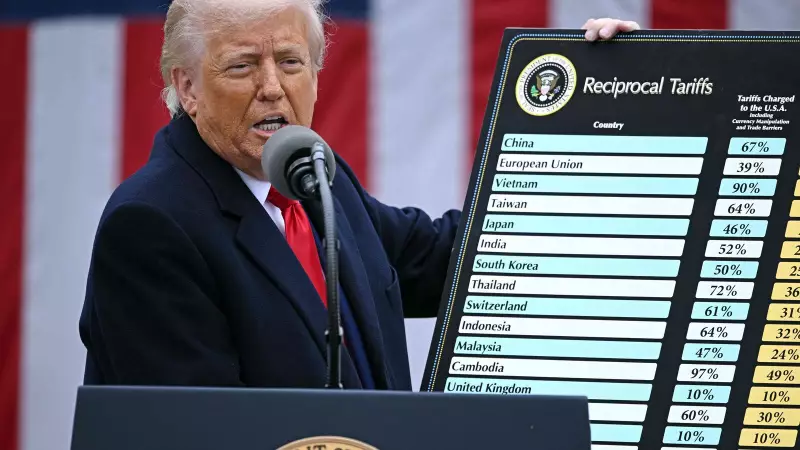
In a dramatic turn of events, former President Donald Trump has confirmed he will not attend the crucial Supreme Court hearing that could determine the fate of his controversial tariff policies. The case, scheduled for Thursday, represents one of the most significant trade policy challenges in recent American history.
The Heart of the Legal Battle
At the center of this legal storm are the Section 232 tariffs that Trump imposed during his presidency, targeting steel and aluminum imports from numerous countries. These tariffs, justified under the banner of national security, sparked immediate backlash from trading partners and domestic industries alike.
The legal challenge comes from a coalition of American companies that rely on imported steel, arguing that the tariffs exceeded presidential authority and violated constitutional provisions regarding taxation. Their case questions whether national security concerns can legitimately justify broad trade restrictions.
Global Implications at Stake
The Supreme Court's decision carries weight far beyond American borders. Global markets are watching closely, as the verdict could:
- Reshape international trade relationships
- Influence ongoing trade negotiations
- Set precedent for future presidential trade powers
- Impact supply chains across multiple industries
Many economists warn that upholding the tariffs could reignite trade tensions with allies, while striking them down might limit future presidents' ability to respond to genuine national security threats.
Trump's Strategic Absence
Trump's decision to skip the hearing speaks volumes about his current political strategy. While he remains vocal about his trade policies on social media and campaign trails, his absence from the courtroom suggests he's positioning himself above the legal fray while maintaining his tough-on-trade rhetoric.
Legal experts note that this case represents a fundamental test of presidential power in trade matters. The outcome could either validate Trump's aggressive trade approach or significantly constrain future administrations' ability to implement similar measures.
As the world holds its breath, the Supreme Court's ruling promises to be a landmark moment in US trade policy history, with consequences that will ripple through global markets for years to come.





